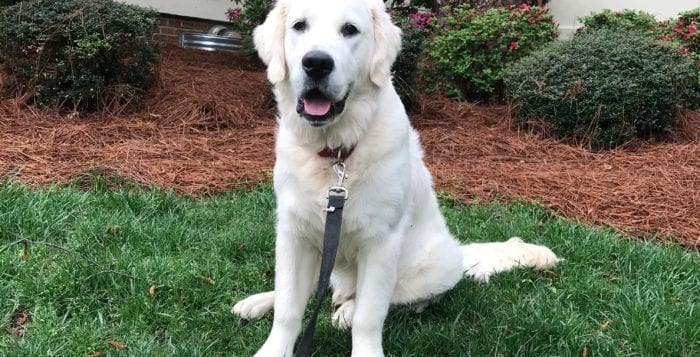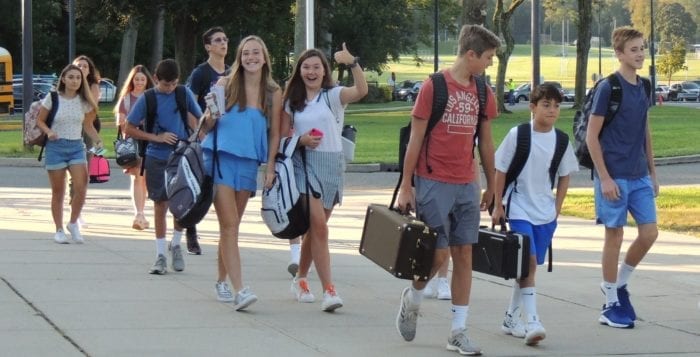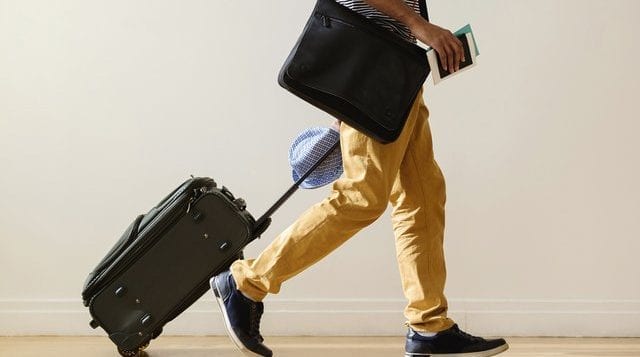By Daniel Dunaief

Dogs are incredibly stupid. OK, now that I’ve got your attention, I realize that not all dogs lack intelligence. Lassie and Balto both saved the day.
I suspect many dogs, like mine who is now 1 year old, are only as smart as their training.
And they need something almost as often as a young child. What’s the matter, boy? You need to go out? Why are you barking, buddy? Do you see a squirrel? Is the neighbor out watering the grass again? That’s OK, you don’t need to bark at him every time he takes out the hose.
Recently, my wife made chocolate chip cookies. She says that we make them together, but my only job is to put them in the oven, wait for them to rise a bit, make sure the edges are cooked and then allow them to finish baking while they cool on the hot tray. She’s the master chef and I am the cookie flash fryer.
Anyway, the house was starting to develop that wonderful baked goods smell. My wife, son and I were eagerly awaiting the moment when I could bring the hot plate to the master bed, where we could make “mmm” noises at each other as we talked about the day and compared this batch to the ones we had a few months ago, as if we were reviewers on a cooking show.
The young dog has gotten used to the routine. He stands in the kitchen with his ears pitched forward, waiting for his best friend gravity to deliver something to him on the floor, which is, generally, his domain. He follows us back and forth to get the ingredients from the pantry and then to bring those ingredients back.
At 85 pounds, he is a large dog and his eye level has gotten closer to the mixer and the ingredients. We try to push everything to the middle of the island in the kitchen.
After doling out the hot cookies onto a plate into the shape of an edible pyramid, I left the room for a moment. When I returned, I shouted in astonishment. The dog had his front legs on the high counter and was reaching his long neck, tongue and head as far as he could. He had devoured half the plate.
After admonishing him for eating food that wasn’t his and that was dangerous, I locked him in a room without carpets and called the vet, who asked if I could give an exact number of chips he ate. Of course I couldn’t, which meant I had to bring him in, where the vet would empty the chocolate the dog had stolen.
My wife joined me for our evening adventure. After a few moments, the vet brought our surprisingly happy dog to us in a waiting room and told us he’d also eaten some plastic and a bottle cap. She allayed my embarrassment by telling me that her colleague’s dog — she’s a vet, remember — has had five operations because of the nonfood he’s swallowed that has blocked his system. Her colleague’s dog now wears a satellite dish around his head. While the reception is terrible, he doesn’t need emergency procedures anymore.
For all the frustration, the cleaning, the shedding, the wet dog smell, our dog is more than happy to have me, my family member, or the neighbor on the left with the garden hose or on the right with a howling dog, run hands through his wonderfully soft fur. He may not be the smartest or easiest dog on the block, but he is ours and we do get some perks here and there, in between rescuing half chewed flip-flops and slippers.














